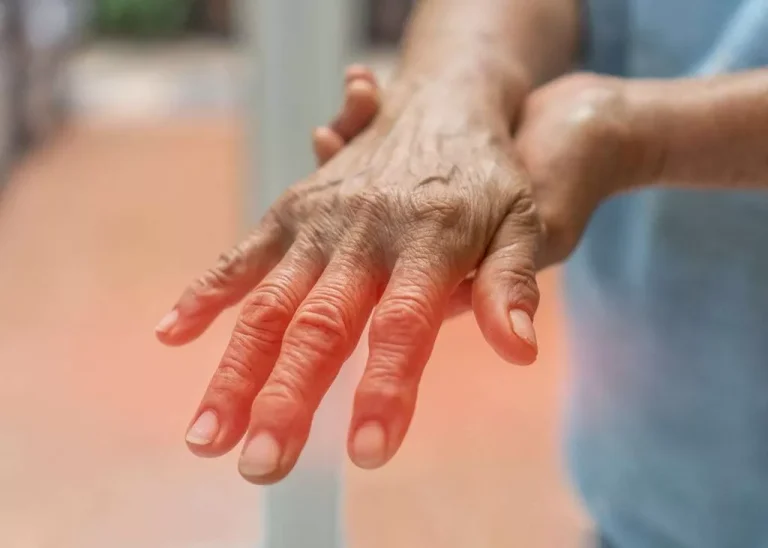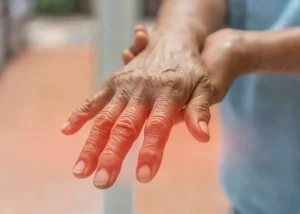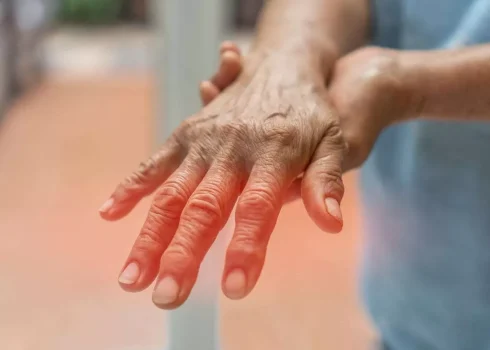
So, let’s dive into the fascinating world of alcohol and its effects on dopamine to gain a comprehensive understanding of this relationship. As the brain seeks to restore balance in its reward system, some individuals may find themselves drawn to other dopamine-stimulating activities or substances. This could include behaviors like excessive gambling, overeating, or engaging in risky activities. Being heroin addiction aware of this risk and developing healthy coping mechanisms is essential. Regular physical activity has been shown to increase dopamine receptor availability and improve mood.

MECHANISMS OF ALCOHOL RELATED BRAIN INVOLVEMENT
- The resulting drop in dopamine levels after we sober up can lead to feelings of anxiety and depression, creating a problematic cycle that only intensifies with time.
- By grasping the intricate mechanisms involved in dopamine transmission and regulation, we can better comprehend how alcohol affects the delicate balance of dopamine in the brain.
- Naltrexone is an opiate-receptor antagonist and has been shown to limit cravings by reducing the positive reinforcement effect of alcohol consumption.
- Simultaneously, the brain’s attempts to compensate for alcohol’s sedative effects on the GABA system can make it hypersensitive to stress during withdrawal, further increasing depressive symptoms.
- The brain uses billions of neurotransmitters to manage everything from our breathing to our heartbeat to our digestion.
By manipulating dopamine release and receptor activity, alcohol can produce pleasurable sensations and reinforce drinking behaviors. This understanding also highlights the potential for alcohol addiction, as the brain adapts to the presence of alcohol and relies on dopamine signaling for reinforcing effects. In the next section, we will explore the short-term and long-term effects of alcohol on dopamine and its implications for addiction development. Over time, the brain adapts to the excess dopamine, and it starts to produce less of it. It also reduces how many dopamine receptors are active in the body while increasing dopamine transporters, which carry dopamine to the spaces between brain cells. People with an alcohol addiction may start to consume more alcohol unconsciously, trying to boost their dopamine levels so they don’t feel so down.
Alcohol and the Brain

The study also suggests that mindfulness meditation can remodel brain networks that can lead to recurrence. The brain’s “brake” system is in charge of preventing the every day typically rewarding events, from becoming addicted behaviors. Because you’re low on dopamine, you’ll turn to alcohol to boost your levels, but this will disable the brain’s built-in braking system, which restricts dopamine receptivity.

Borderline Personality Disorder : A Comprehensive Approach to Diagnosis and Management

You can seek help from friends in recovery, and experienced clinicians like Michaela Weaver can help you avoid typical relapse “triggers” to reduce their impact on the brain. Researchers discovered that after a year of recovery, the number of dopamine proteins in the brain increases. It also encourages us to work hard, concentrate, and seek out new experiences. It is vital to our health, https://ecosoberhouse.com/ so consider that before you take another shot of your favorite alcoholic drink.
- When you first start drinking alcohol, the chemicals increase dopamine production.
- Studies reveal that excessive drinking increases levels of inflammatory markers such as cytokines, which can lead to impaired brain function and heightened depressive symptoms.
- GABA (gamma-aminobutyric acid) is an inhibitory neurotransmitter that normally keeps dopamine release in check.
- Dopamine acts as a chemical messenger, facilitating communication between brain cells and transmitting signals across synapses.
- Understanding the changes in dopamine levels during alcohol cessation is crucial for several reasons.
How Does Alcohol Impact Dopamine Levels?
- It is vital to our health, so consider that before you take another shot of your favorite alcoholic drink.
- You’ll also have the opportunity to connect with our licensed Reframe coaches for more personalized guidance.
Chronic alcohol consumption can lead to significant does alcohol deplete dopamine changes in the brain’s dopamine system, potentially contributing to addiction and various health issues. Long-term alcohol consumption has profound effects on brain health, impacting not just neurotransmitter function but also the physical structure of the brain. These changes significantly contribute to the co-occurrence of alcoholism and depression, making recovery more challenging.
Alcohol’s Actions as a Reinforcer: Dopamine’s Role
Understanding these changes can provide valuable insights for those on the path to recovery and those supporting them. Thus, dopamine modulates the efficacy of signal transmission mediated by other neurotransmitters. Dopamine exerts its effects through two distinct mechanisms (Di Chiara 1995). This presynaptic influence is part of the tonic-nonsynaptic mode of dopaminergic signal transmission. Many substances that relay signals among neurons (i.e., neurotransmitters) are affected by alcohol. Alcohol shares this property with most substances of abuse (Di Chiara and Imperato 1988), including nicotine, marijuana, heroin, and cocaine (Pontieri et al. 1995, 1996; Tanda et al. 1997).
